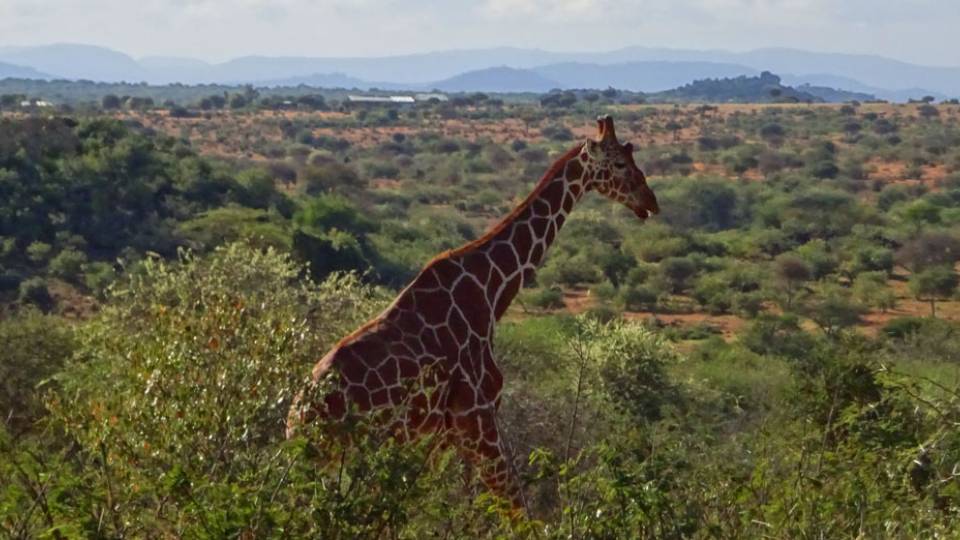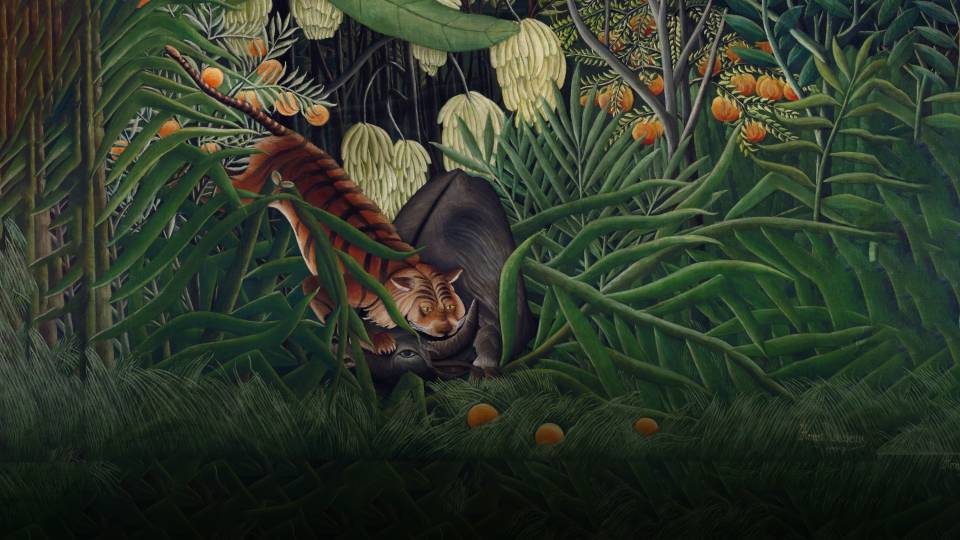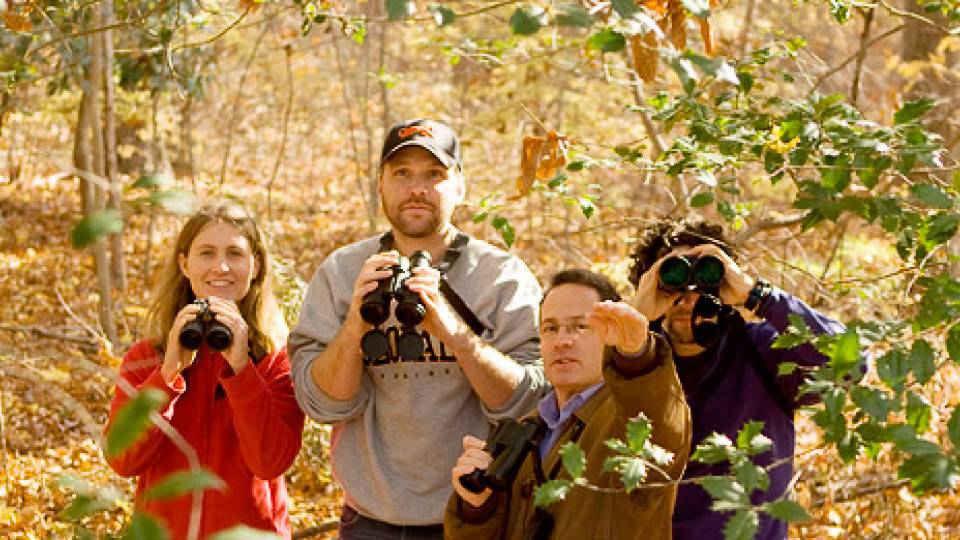Conveying science to a broad audience in a way that is understandable, accurate and entertaining is an important — and challenging — task. Last semester, Princeton University students in the Department of Ecology and Evolutionary Biology got a chance to try their hand at that skill, creating animated short videos that focused on a wide variety of ecological challenges.
In the class "Ecology: Species Interactions, Biodiversity and Society," undergraduates studied how wild organisms interact with each other in relation to their physical environments and human society. For their final projects, they were divided into small groups to translate a local environmental issue, such as extinction or species invasions. Students decided what information to include in creative and informative videos.
This was the second time that Robert Pringle, an assistant professor of ecology and evolutionary biology, taught the class. The first time, the final projects were more conventional, with written reports and PowerPoint presentations.
This year, said Pringle, "we wanted to try something a little different."
Thirteen teams created projects on topics including why bog turtles are endangered, why bee colonies are suffering from colony collapse disorder, the importance of eelgrass restoration and the characteristics that make Norway maples an invasive species. All of the final videos can be viewed on the class's YouTube channel.
The inspiration for this type of final project came from a blog called CreatureCast, published by researchers at Brown University and originally funded in part by the National Science Foundation to convey complex scientific ideas to the general public.
"The public are the people who vote, and they're the people who fund scientific research," Pringle said. "So if we don't find a way to report the science back to the public, then the system is broken."
The students tackled the challenge well, Pringle said.
"The students were good at seeing the big picture. I think they had good intuition for what is the essential background, and what is too much information," he said. "I was very impressed with what the students accomplished for this project. And they seemed to enjoy it."





